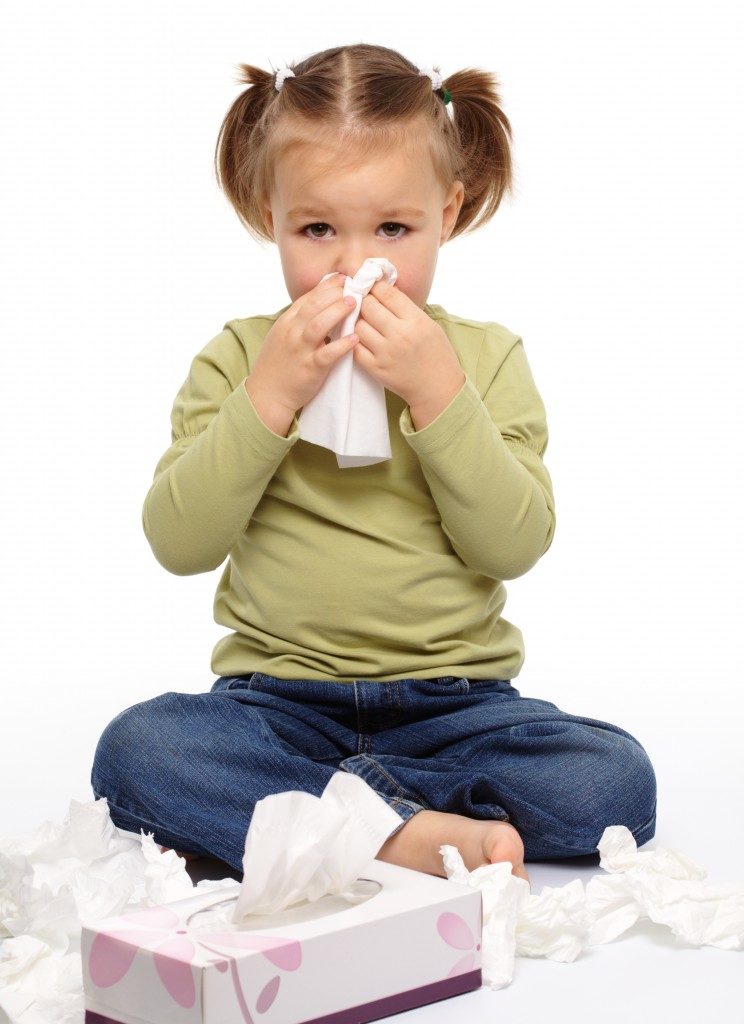Once in a while, your child will experience coughing, which can be annoying and frustrating. It can lead to sleepless nights and tantrums. If the coughing comes with phlegm, the risks of infection increase.
Managing it as soon as possible is necessary, but which kind of medication is best for your kid? You can ask yourself a few questions, but before that, know your choices.
Kinds of Cough Medicine
1. Mucolytic Agents
These are the cough medications that can help loosen or thin the mucous build-up in the lungs and the airways. In the process, the child can expel it more easily. An example of a mucolytic agent is Fluimucil 600.
2. Antitussive
A cough is not a disease but a symptom. It is also the body’s natural response when it feels there’s “something” in the respiratory system that should not have been there in the first place.
Constant coughing, though, can get in the way of daily activities. It can prevent a child from sleeping well, which is necessary for proper healing. A possible medication is an antitussive, which works by suppressing cough.
3. Antihistamines
When the body feels it is under attack, the immune system gets to work as quickly as possible. Its job, though, can trigger the release of certain chemicals that lead to physical symptoms. One of these is histamine.
Histamine is a product of the body’s immunity, and its job is to get rid of the allergen. The problem is that it can cause a runny nose, cough, watery eyes, and a sore throat. If the chemical compound goes into overdrive, your child might have to take antihistamines.
4. Antibiotics
Antibiotics might be necessary when the cause of the cough or respiratory disease is bacteria. Doctors don’t give away this med for viral-related infections. While many cough medicines are available over the counter, antibiotics are always prescriptions. This is because they can be dangerous to your child’s health in the long run.

How to Know Which to Use
With these many types of cough medicines, how do you ensure you’re giving the right one to your child? Here are two essential questions to ask:
1. What kind of cough does your child have?
Cough can be dry or wet, which means it has phlegm. If there’s a mucous present, a mucolytic agent is what you need. Otherwise, you can consider an antitussive.
2. How old is your child?
Doctors do not suggest giving cough medicines to children below two years old without their supervision or guidance. The older ones might be able to take most of these medicines, but some are prone to choking and gagging. It doesn’t help most meds in this type don’t have good taste. If this is your situation, you can opt for an effervescent tablet, which you can dissolve in water for easier drinking.
In the end, if your symptoms persist, do not hesitate to bring your child to the GP. Seek an appointment and make sure to follow the recommendations.




